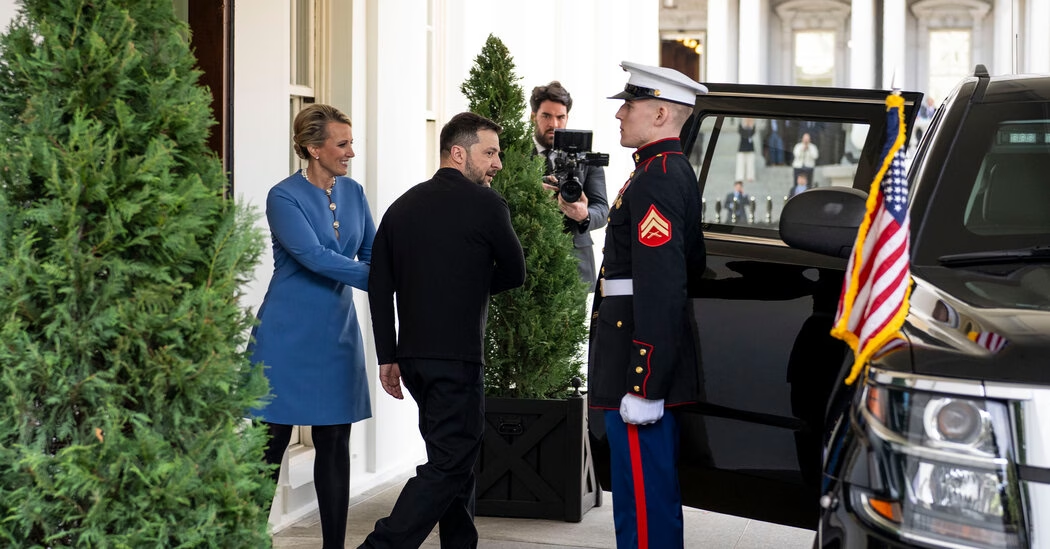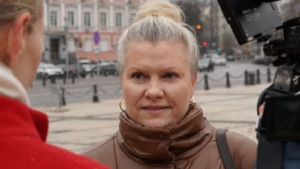As the American elections approached last fall, the idea of a second Trump presidency intensified the uncertainty among Ukrainians about the level of continued American support during a conflict that threatened their national survival. Following President Zelensky’s disastrous meeting with President Trump at the White House, many Ukrainians were left with the clear conclusion that Trump has chosen a side, and it’s not Ukraine’s. Notably, a single meeting was enough to transform the once unthinkable fear that Ukraine would be forced to fight a long war without U.S. support into a reality that seemed increasingly plausible. Experts like Phillips O’Brien from the University of St. Andrews in Scotland have reiterated that Ukraine could only count on European states for support now.
Ukrainians, including opposition politicians, showed overwhelming support for Zelensky for not giving in to Trump despite significant pressure. The general sentiment, as expressed by Maryna Schomak, whose son’s cancer treatment has been complicated by the destruction of Ukraine’s largest children’s hospital, is that Zelensky conducted himself with dignity. Frustration is high among Ukrainians who believe Trump and his team aimed to pressure and undermine Ukraine’s global authority.
Although Zelensky expressed a willingness to mend relations with Trump, his social media posts thanking the U.S. and its people for their support indicate an effort to align with Trump’s complaints of Zelensky’s ungratefulness. Concurrently, Zelensky is laying the groundwork with European countries for continued support. Plans for a joint weapons venture with France, financed by Russia’s frozen assets, have been announced. Zelensky’s upcoming meetings with European leaders and support from figures like British Prime Minister Keir Starmer underscore this shift towards European allies.
However, there is ongoing speculation about the root of the public rupture. Trump was seen trying to pressure Zelensky into agreeing to a cease-fire that aligns with Putin’s lines, but Zelensky refused. The human cost of the conflict weighs heavily, with personal stories from soldiers like Pvt. Serhiy Hnezdilov and the public’s reaction reflecting a shared sense of betrayal and a need for reassurance from their leaders. Despite calls from some political figures like Senator Lindsey Graham for Zelensky to resign, Ukrainian support for their president remains steady.
Looking forward, Ukraine’s path involves repairing relations with the U.S., where defense contractors still view continued support as in their interest, while also bolstering European support. The implications of Trump’s alignment with the Kremlin and his dismissive comments about Ukraine’s efforts in the conflict are far-reaching. Cutting U.S. funding for pro-democracy programs and supporting far-right parties in Europe have exacerbated concerns about U.S. policy towards Ukraine.
In essence, Ukrainians are adamant about ending the war but are hesitant to do so at the cost of their freedom. The resilience and dignity of the Ukrainian people, even in the face of devastating loss and suffering, are epitomized by organizations like the one headed by Natalka Sosnytska, which aids children affected by war trauma. The quest for peace, according to Sosnytska and many others, can only be accepted if it follows Ukraine’s victory, with Zelensky’s stance seen as preserving the nation’s dignity.
Source: https://www.nytimes.com/2025/03/01/world/europe/trump-zelensky-us-ukraine-russia-meeting.html





